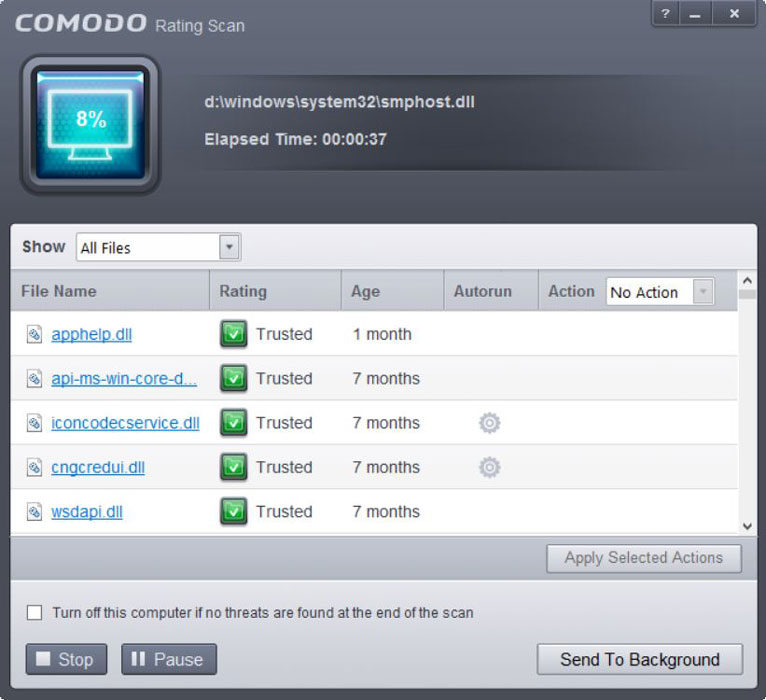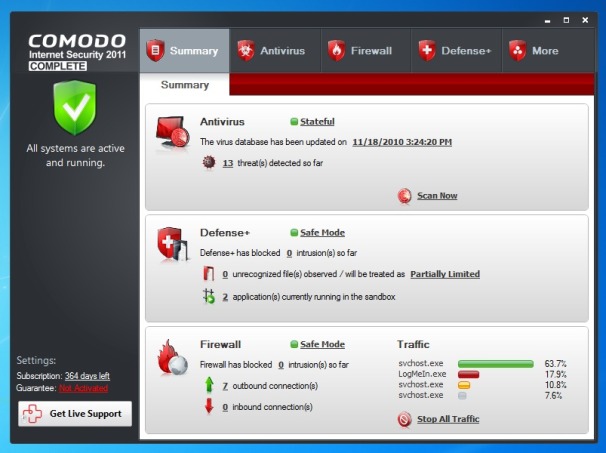


Your company should also encrypt the transmission of cardholder data across open, public networks. This means creating, preserving and updating your system passwords with unique and secure combinations, instead of something that a software vendor might already have in place upon purchase.Ī PCI-compliant hosting provider should deliver multiple layers of defense and a secure data protection model, which integrates physical and virtual security methods for companies that store cardholder data. System passwords and other security parameters should not come from vendor-supplied defaults. Take a closer look at the six main requirements of the PCI standard and some tips on how you can successfully abide by them.īuilding and maintaining a secure networkĪpart from installing and maintaining free antivirus and firewall configuration to protect cardholder data, your company should also come up with its own firewall configuration policy and develop a configuration test procedure. What's more, companies must also restrict ingress to cardholder data and monitor access to network resources. These include a few commonly known best practices, such as installation and use of free antivirus and firewall like Comodo Internet Security (CIS), as well as the encryption of data transmissions. PCI certification ensures the protection of card data through a set of requirements implemented by the PCI SSC.

That said, the investment in PCI security procedures proves to go a very long way in ensuring that other aspects of a business are safeguarded from cybercriminals.

Not only that but the company may also have to cease accepting credit card transactions or be forced to pay higher subsequent charges than the initial cost of security compliance. This may include fines from payment card issuers, lawsuits, loss of profits and a heavily damaged reputation. PCI DSS certificationĪ successful data breach that exposes sensitive customer information can have severe repercussions on an organization.


 0 kommentar(er)
0 kommentar(er)
